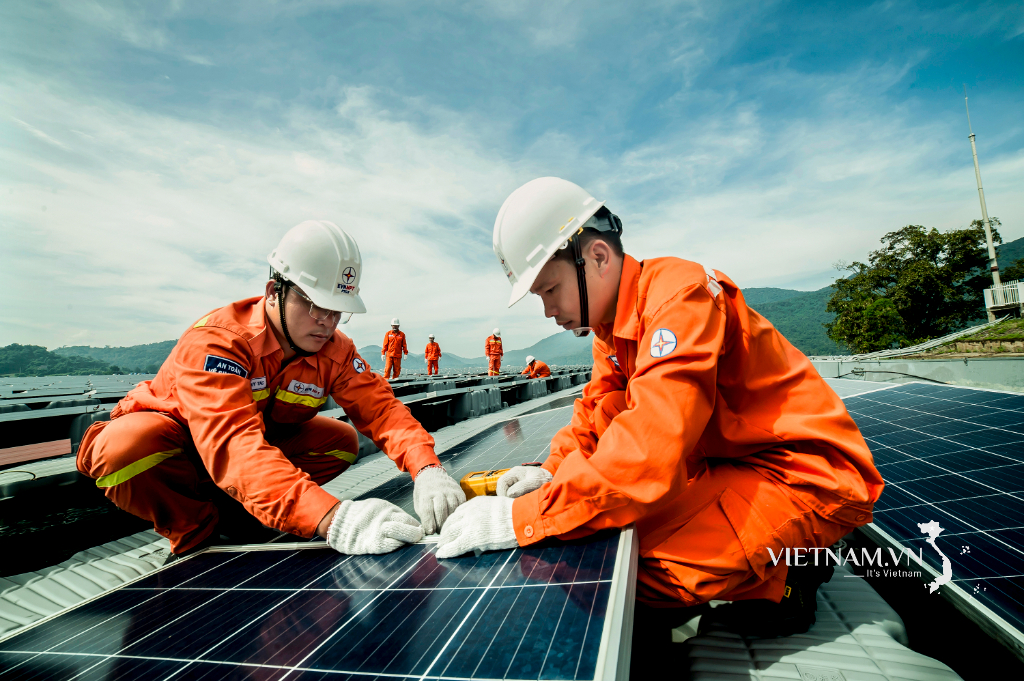Germany is still grappling with a "triad" of high inflation, high interest rates, and weak exports, which has caused Europe's largest economy to shrink by 0.3% last year.
The German economy is predicted to struggle to grow this year, leading economic institutes said on March 27, with weak domestic and international demand slowing the path to recovery.
The world's number one economy will grow by just 0.1% in 2024, five think tanks said in a joint statement. The latest forecast suggests the German economy will remain virtually stagnant, a sharp decline from their previous forecast of 1.3% growth.
“Cycleic and structural factors are overlapping in the overall sluggish economic growth,” said Stefan Kooths, an expert from the Kiel Institute for World Economy (IfW Kiel). “While a recovery may begin in the spring, the overall momentum will not be very strong,” he added.
The German economy contracted by 0.3% last year due to inflation, high interest rates, and declining exports, and is struggling to emerge from its slump.
The consulting firms, including DIW, Ifo, IfW Kiel, IWH and RWI, said that although inflation in the Eurozone's number one economy has steadily declined in recent months, consumer spending is still increasing "later and less dynamically" than previously forecast due to stalled wage growth.
And Germany's export sector, which is usually a major driver of economic growth, is suffering from slowing foreign trade amid a fragile global economy.

Customers shop in a supermarket in Berlin, Germany. Photo: DW
In particular, energy-intensive businesses have been hit hard by soaring energy prices following Russia's war in Ukraine, contributing to a decline in production in the European industrial powerhouse.
Meanwhile, business investments have declined due to rising interest rates by the European Central Bank (ECB), making borrowing more expensive, and due to “uncertainty about economic policy,” the five consulting firms said.
The German government recently lowered its economic forecast sharply, projecting output growth of only 0.2% this year. German Economy Minister Robert Habeck acknowledged last month that the economy is in trouble and needs further reforms.
But the three-party coalition government – comprising German Chancellor Olaf Scholz's SPD, Habeck's Green Party, and Finance Minister Christian Lindner's FDP – is divided on how to turn the tide.
There are growing calls for the government to loosen the constitutional "debt brake," a self-imposed ceiling on annual borrowing, in order to boost spending on much-needed infrastructure modernization and the country's green transition. Mr. Habeck supports loosening debt regulations, but Mr. Lindner strongly opposes it.
The advisory organizations also proposed a “mild reform” of the “debt brake” measure to allow “more debt-financed investments than before.”
Looking ahead, think tanks predict the recovery will accelerate next year as inflation eases and demand rises. Accordingly, the German economy is projected to grow by 1.4% in 2025, only slightly lower than the previous forecast of 1.5% .
Minh Duc (According to AFP/France24, TRT World)
Source
















































































































Comment (0)